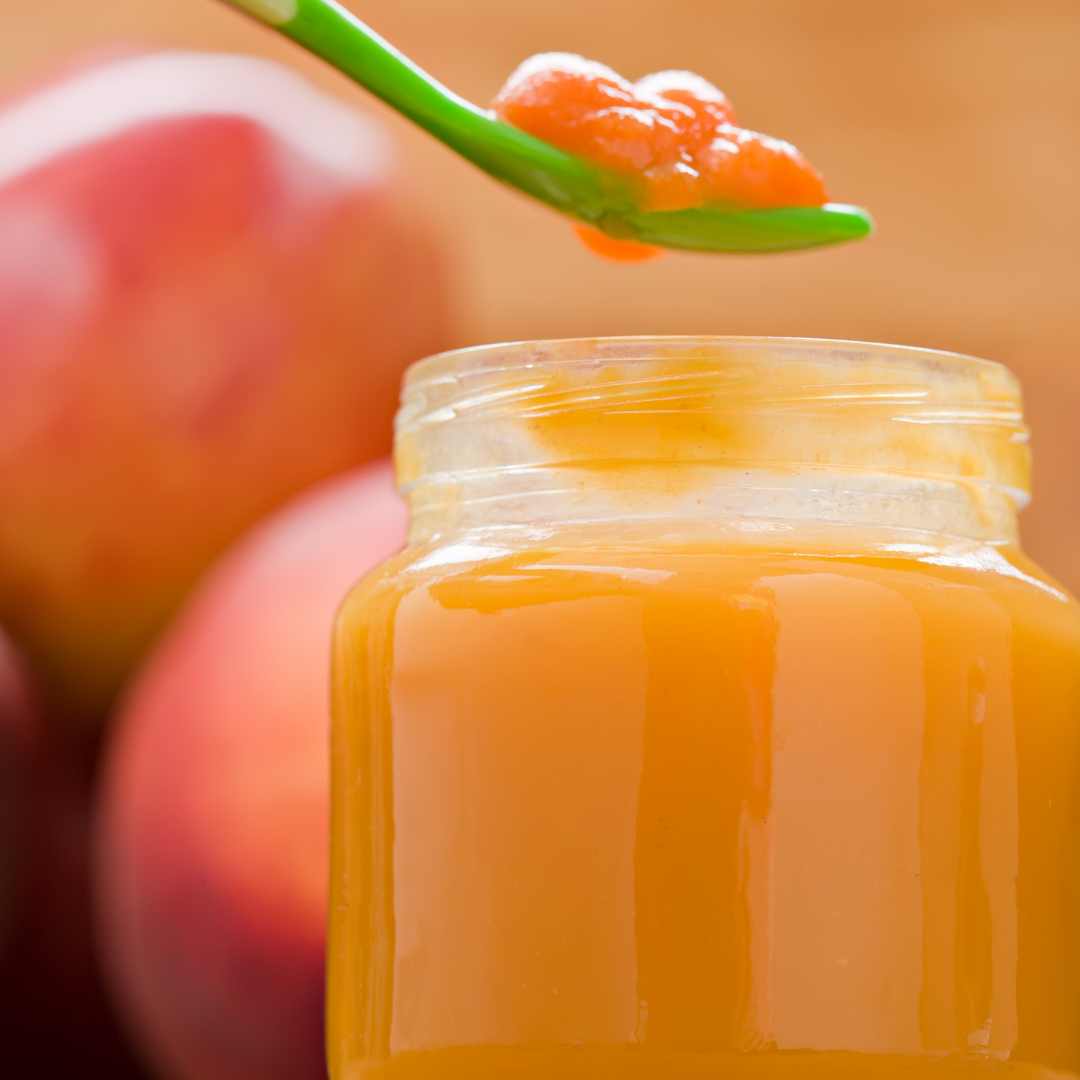Formula-Fed – 5 Things You Need to Know About Bottle Feeding A Baby
So, you’ve decided to bottle feed your baby. Wonderful! Contrary to popular belief, bottle feeding is just as nutritious and emotionally satisfying as breastfeeding, and it’s a lot more convenient when out in public.
Before you head out to the store to begin buying supplies and baby formula, though, take a look at the tips below. These tips will fill you in on some of the most important things you should know about bottle-feeding your little one.
-
Baby Formula Options
When it comes to baby formula, you have three options to choose from: powder, concentrate, and ready-to-feed. Which type you choose depends on several factors such as your budget, your preferred level of convenience, and your baby’s preference.
Powdered baby formula is the cheapest. You must add distilled water to it and mix it thoroughly. Concentrated formula requires the addition of water. Ready-to-feed baby formula can be poured directly into the bottle and fed immediately to your baby without any additional steps. As you might expect, ready-to-feed formula is the most expensive option – there’s always a price for convenience!
-
More Baby Formula Choices
Once you’ve determined which baby formula you’ll use, you still have a choice to make in regards to the formulation of your baby’s milk. More than likely, your baby will start with a cow’s milk-based formula. If your child is lactose intolerant or allergic to milk, your pediatrician may recommend a soy formula.
There are also hypoallergenic formulas for babies who have allergies to milk or soy proteins, as well as specialized formulas for babies with low birth weights. Some baby formulas are organic, which means the cows who produced the milk they are made from never received any antibiotics.
-
You May Need to Try Several Different Baby Formulas Before Finding the Right One
Every baby is unique, and you may need to try several different baby formulas before finding the one that best suits your child. If your pediatrician recommends a switch, you’ll want to feed the new formula to your baby for at least a week to see how they react to it. Because your baby’s digestive system is just forming, switching formula more often could result in digestive issues.
- What is DHA?
Nearly all baby formulas sold in the U.S. contain DHA (docosahexaenoic acid). DHA is a polyunsaturated fatty acid linked to healthy nerve and brain development. It occurs naturally in breast milk, and many experts believe that adding it to formula can support a child’s development. Of course, there’s no guarantee that the added DHA in your baby’s formula will result in top grades at school. Hiring an online tutor when they get a little older will likely give you better results!
- Bottle-Feeding Fosters a Strong Bond Between Parent and Child
Many parents worry that bottle-feeding will deprive their newborn of the bond breastfeeding is known for. However, bottle feeding can be just as nurturing as breastfeeding if you do it correctly.
Place a pillow underneath your arm to support it and your baby’s head. Hold your baby in a semi-upright position, keeping the bottle tilted so the milk always fills the neck of the bottle and the nipple. Hold your baby close, and eliminate as many distractions as possible to create a quiet and intimate experience.
Bottle feeding is the right choice for many new parents. It can foster a close and nurturing relationship between parent and child while providing all the nutrients a baby needs to thrive. If you’re considering bottle feeding your baby, the tips ab



